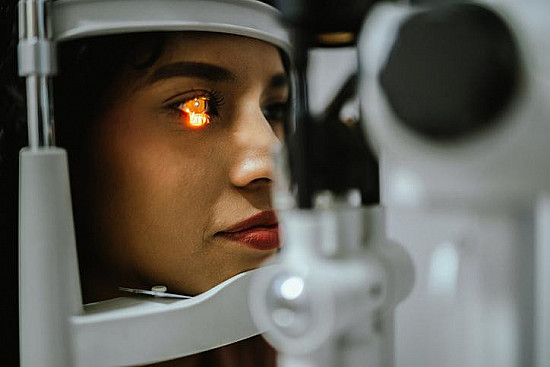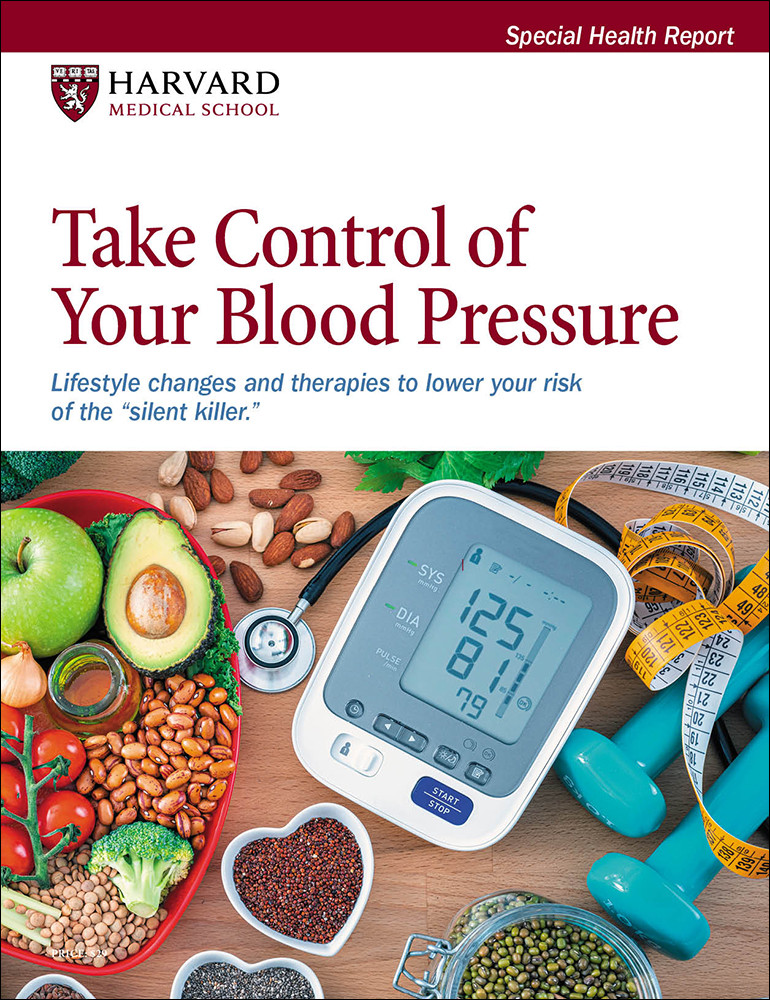An elevated high-sensitivity troponin level
Ask the doctor

Q. I'm 73-year-old man with heart disease (I had a coronary bypass when I was 45). I pay close attention to my health and exercise regularly. Recently, I went to the emergency room with chest pain. Although my electrocardiogram and, later, a stress echocardiogram showed no problems, my troponin was elevated, ranging from 57 to 63 ng/L on several repeated tests. Should I worry about the elevated troponin? Is there a way to lower this level?
A. Troponins, which are proteins involved in muscle contraction, are found almost exclusively in heart and skeletal muscle cells. During a heart attack, reduced blood flow damages parts of the heart muscle, which then releases troponins into the bloodstream. That's why emergency room physicians routinely check blood troponin levels in people with suspected heart attacks.
The original tests detected troponins that are unique to heart cells, including two subtypes of the protein: troponin T or I. Newer versions of the tests detect very small amounts of troponins at concentrations that are 10 to 100 times more sensitive than the original test. Known as high-sensitivity troponin tests, they can detect heart attacks earlier and more accurately.
A normal range differs for each type and brand of test. But in general, the normal range for women is zero to 10 nanograms per liter (ng/L); for men, it's zero to 14. When a person has heart attack symptoms, troponin tests are usually done twice in the first few hours, and often several more times over the following 24 hours, depending on the findings.
To diagnose a heart attack, clinicians consider the troponin values and electrocardiogram findings, along with the person's current symptoms and history of heart-related problems. With a minor heart attack, troponin levels can rise two to three times the upper limit of normal, but can go as high as 500 ng/L with a major heart attack. The values usually rise over a 24-hour period and then slowly fall over the following week.
Many other conditions can cause elevated troponins, such as myocarditis (inflammation of the heart muscle), cardiomyopathy (heart muscle disease), and chronic kidney disease. Prolonged exercise can also raise troponin levels, but usually only in athletes training for marathons or triathlons. Sometimes, people have elevated levels without a clear cause. In such a situation, which may be the case for you, the troponin level remains fairly constant. Your doctor likely suspected this was the case but ordered the stress echocardiogram to check for any areas of decreased blood flow in your heart. Your troponin may simply be naturally higher than the average person's, but there's nothing anyone can do to lower their troponin level. You can now just continue maintaining your healthy lifestyle!
Image: © jarun011/Getty Images
About the Author

Christopher P. Cannon, MD, Editor in Chief, Harvard Heart Letter; Editorial Advisory Board Member, Harvard Health Publishing
Disclaimer:
As a service to our readers, Harvard Health Publishing provides access to our library of archived content. Please note the date of last review or update on all articles.
No content on this site, regardless of date, should ever be used as a substitute for direct medical advice from your doctor or other qualified clinician.
















